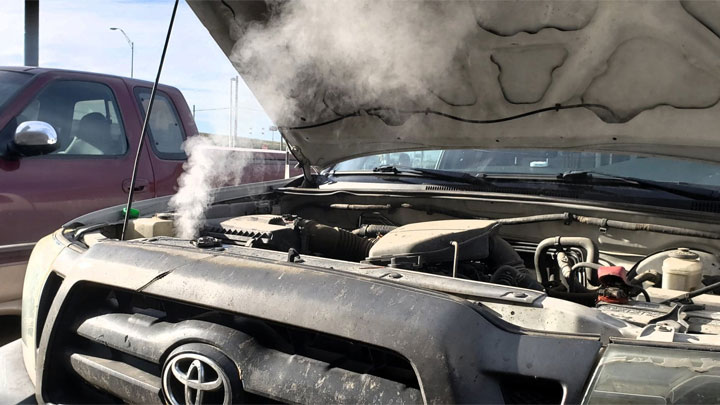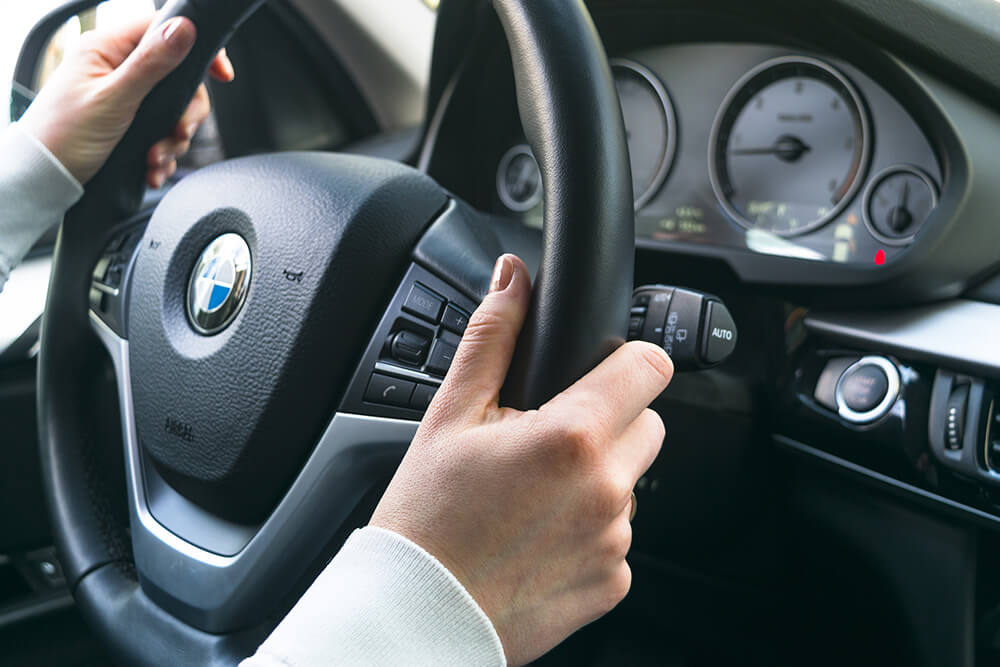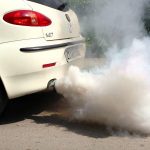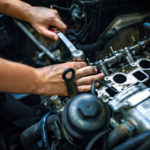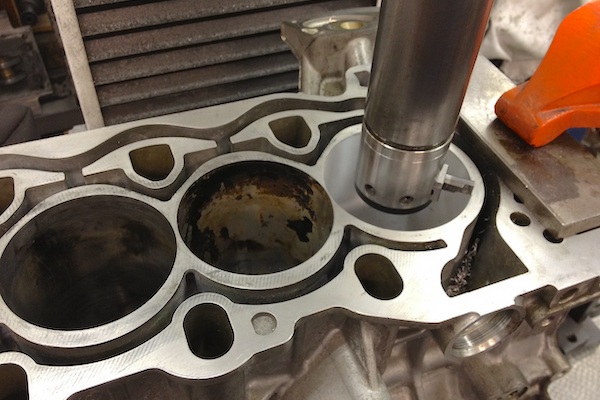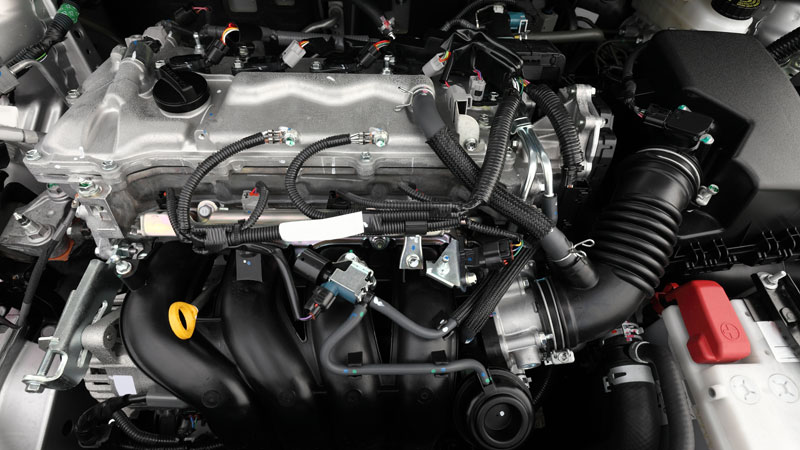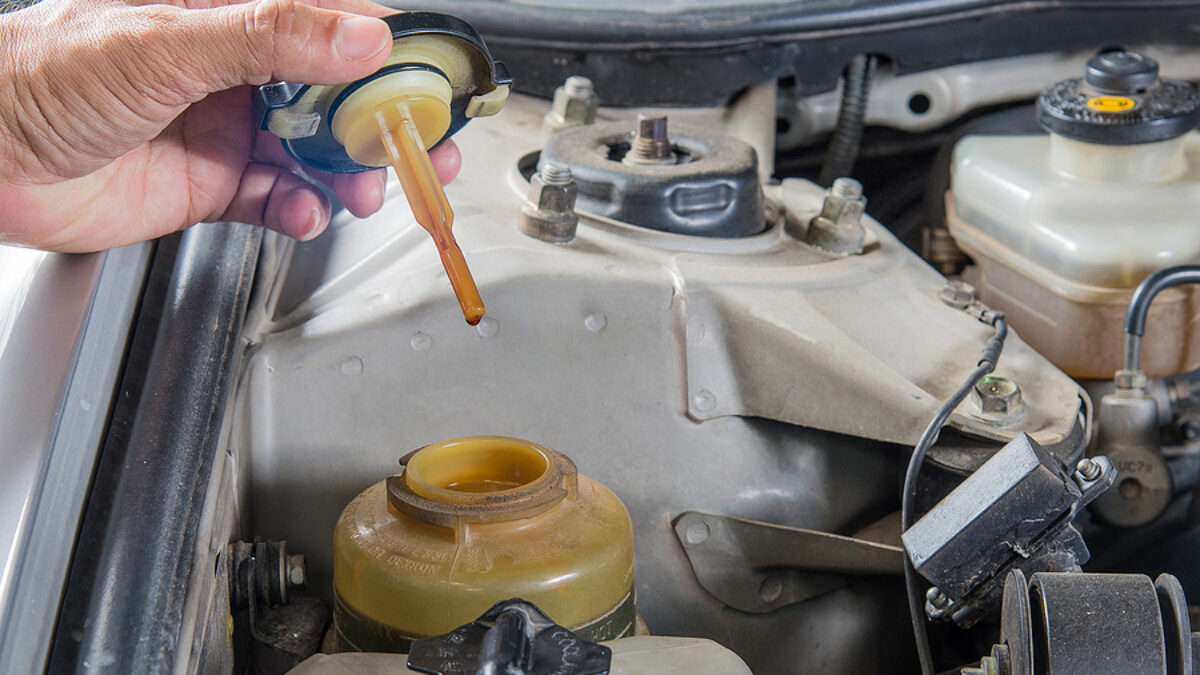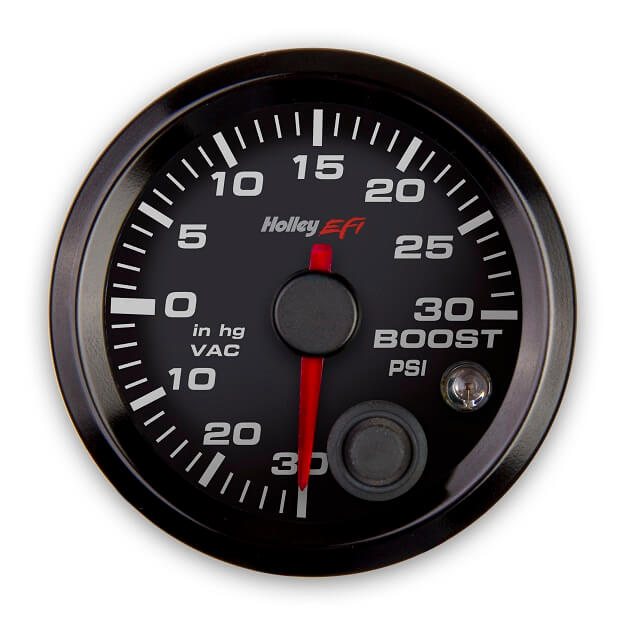In this guide, we are going to consider the causes of engine overheating and ways this can be corrected or avoided. Who wouldn’t be annoyed and alarmed if they saw smoke pouring from beneath the hood while out on a summer drive? Overheating engines may and do happen, and if the proper measures and procedures aren’t done, the damage can be permanent. Overheated engines can cause damage and sabotage your journey. Let’s now see the possible causes of engine overheating.
Causes Of Engine Overheating?
The engine of a car might overheat for a variety of reasons. Certain difficulties, such as replacing your antifreeze, may be more temporary if not properly addressed by a professional, but others may be more permanent if not properly addressed by a professional. Below are the common causes of engine overheating:
Little Or No Coolant
A coolant system failure can occur if coolant/antifreeze levels are not maintained properly. If the coolant levels are below the manufacturer’s recommendations, top them off with new coolant/antifreeze. Only use a 50/50 combination of antifreeze/coolant and water when refilling an empty reservoir with new coolant. Refer to your car owner’s manual if you’re not sure where the coolant reservoir tank is or how to refill it properly.
Cooling System Leakage
A potential leak could result in an empty coolant reservoir tank. Spots or pools on the ground are frequently indicative of coolant leaks. Coolant has a nice smell and varies in hue from green to blue to orange depending on the type of coolant utilized.
Damaged Water Pump
The coolant is circulated throughout the engine via the water pump. If the coolant is contaminated or has built up too much, it might prevent the coolant from passing through the pump, resulting in an overheating issue.
Issues With Radiator
By lowering coolant temperatures, radiators and their fans help to reduce heat from the engine. Problems with the fans may reduce the radiator’s ability to remove heat, resulting in unnatural temperature increases.
Low Level Of Oil
A vehicle’s motor oil helps control overall temperatures in addition to lubricating the engine’s parts. Low oil levels might cause the engine to overheat.
Themostat Malfunction
The thermostat in a vehicle, like the thermostat in a home, regulates engine temperatures. A faulty thermostat can harm the engine by preventing the coolant from flowing as intended by the car manufacturer.
Damage Belts and Hoses
Coolant hoses that are leaking, obstructed, or ruptured, or belts that are worn out or frayed, will be limited in their ability to maintain air and coolant flow to and from the engine and related systems, which could result in unanticipated engine damage.
Read also: Causes Of Engine Coolant Leak In Cars
What To Do When Engine Overheats
Follow these precautions for your vehicle if the dashboard warning lights come on, you notice a peculiar smell coming from the engine, witness smoke, or feel your car isn’t driving as it should.
Park The Car and Check The Situation
The next step is to pull off the road to a safe and clear spot and turn off your vehicle as soon as you identify a problem with it. Continuing to drive with a potentially damaged engine if the car is overheating may result in irreparable harm.
Turn On The Heat
Yes, it is correct. Turning off the air conditioning and increasing the heat to high while the vehicle is still moving may help to pull additional heat away from the engine.
Open All Window
The idea is to get as much heat out of the system as possible. Another approach to let heat out of the vehicle is to roll down and open as many windows as you can.
Get Help
Finally, you need to call a mechanic who will come and fix the situation for you.
Don’t Do This
Do not lift the hood until the car has come to a complete stop and has been switched off. Depending on how long the car has been operating, the coolant in the vehicle may have heated up to an exceptionally high temperature, causing the cooling system to pressurize. It will be safe to attempt to open the hood after the vehicle has totally cooled down. Before opening the hood, allow the car to cool down naturally.
Monitor the temperature gauge in your vehicle as it swings from HOT to COOL, which can take up to 30 minutes, to ensure that it has properly cooled down. The temperature gauge may only work while the ignition is in the “accessory” or “on” position, depending on the car you drive. It’s critical not to start the engine during this phase; instead, turn the ignition to the “on” position solely to read the temperature gauge.
What’s the major cause of engine overheat?
Many factors can cause engines to overheat. In general, this is due to a problem with the cooling system, which prevents heat from escaping the engine compartment. A cooling system leak, a damaged radiator fan, a broken water pump, or a clogged coolant hose could be the root of the problem.
What will happen if you keep driving with overheat?
You risk distorting your cylinder heads if you continue to drive an overheated car. As a result, there is a loss of power, misfiring, and excessive oil consumption. However, cylinder heads aren’t the only parts of your engine that might melt; sensors, belts, and wiring are also vulnerable.
What happens if engine overheat?
Your engine can overheat or even seize if your coolant level is low or if it hasn’t been cooled in a long time. The piston can solder itself into the cylinder when the metal becomes hot enough. This is most likely a sign that your engine has failed.
What does engine overheating sound like?
If you hear a hissing sound coming from the engine compartment while driving or after turning it off, it could imply your engine is overheating and/or the cooling system is leaking coolant. Check the temperature gauge or the temperature warning light to discover if an overheating issue is present.
How much does it cost to fix overheated engine?
Some of the more costly repairs to overcome the car running hot will cost between $500 and $1,500 for most autos. These include the cost of replacing the water pump, radiator, or head gasket, as well as the cost of replacing the heater core. These repairs may be significantly more costly if you have a specialist engine or a diesel.
Can low oil cause overheating?
Engine overheating can occur if your car’s oil level is low, possibly owing to an oil leak. Oil keeps internal engine components lubricated and moving smoothly. Friction is caused by a lack of lubrication, which generates excessive heat and may cause the engine to fail.

